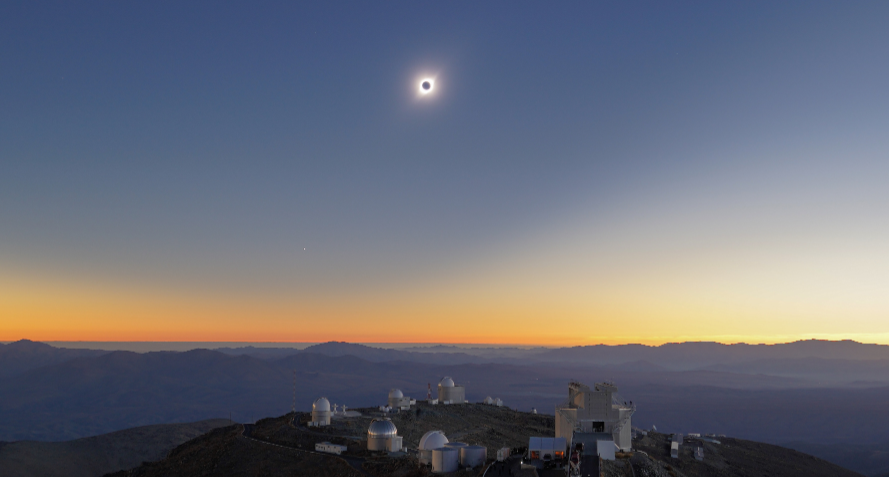As the “Great North American Eclipse” approaches, travelers and pilots brace for a rare celestial event that promises more than just awe-inspiring views.
Others are reading now
Skyward gazes and celestial wonders are on the horizon with the upcoming total solar eclipse on April 8, but it’s not just the astronomical community buzzing with anticipation.
The Federal Aviation Administration (FAA) has issued a crucial warning for travelers and airlines: expect significant disruptions as darkness descends across a swath of the United States.
Navigating the Shadow’s Path
The eclipse’s path of totality, where the moon will completely cover the sun, traces a line from the southwest to the northeast of the country.
Also read
This dark trail will affect parts of 15 states, including major cities such as Dallas, San Antonio, Little Rock, and Cleveland, along with smaller locales like Erie, Pennsylvania, and Burlington, Vermont.
The FAA’s alert emphasizes the need for preparedness amidst the expected “possible impacts to air traffic and airports along the eclipse path.”
Anticipating Airborne Challenges
Airlines are advised to gear up for a variety of potential hurdles. From 1:30 p.m. CDT to 2:40 p.m. CDT, when the eclipse will cast its shadow across the contiguous U.S., airports in the eclipse’s direct path are warned of increased air traffic, delays, and the necessity for meticulous coordination.
“Aircraft should be prepared for potential airborne holding, reroutes, and/or Expect Departure Clearance Times that may be issued for all domestic arrivals and departures,” the FAA notice stated. Moreover, the squeeze on airport parking and heightened security measures, including temporary flight restrictions, will make for a challenging day in the skies.
A Ground-Level Impact
The effects of the eclipse will reverberate beyond the tarmac. Local communities along the eclipse’s path are gearing up for an influx of visitors, with Oklahoma activating its National Guard to aid in managing the expected crowds.
In Texas, residents are being encouraged to stock up on essentials to avoid being caught unprepared.
These measures reflect the widespread impact of an event that has captured the nation’s imagination, with the next total solar eclipse not expected until 2045.








